Ryoji Ikeda, AC/DC, Tricky, Public Enemy

After my last, dubstep-focused post, I contemplated different angles from which I could approach my guest-blogger status here on Blog.H34. Should I be the ‘dubstep guy,’ bringing the hottest new dubstep tracks? Should I be a dubstep-slash-ambient specialist, since I focus my creative energy on those musics? Should I do ‘genre’ posts, showcasing different styles of music? Should my picks just be kind of all over the place, like my musical tastes actually are? I didn’t come to any definitive solution, but stumbled on an interesting idea when I started putting together this post: two ‘cover’ versions going head-to-head with their wildly different originals, all of which I love for the fact that all four are completely and unapologetically themselves.
Ryoji Ikeda – Back In Black
Audio clip: Adobe Flash Player (version 9 or above) is required to play this audio clip. Download the latest version here. You also need to have JavaScript enabled in your browser.
Fractured Recordings put together a fantastic compilation last year called Recovery that called upon the giants of the experimental electronic music world to create cover versions of songs from the past that held a particular significance to them. The twenty-song orgy was released as a box set including ten 7-inch records, the unusual format probably the most significant factor contributing to the fact that the collection received little to no attention critically or commercially. It’s sad, considering the absolutely stellar performances from guys like , , , and , mostly covering popular songs from the 70s and 80s. The Japanese turns the Australian AC/DC’s “Back In Black” into something completely his own, substituting Angus Young’s familiar guitar figure for his trademark digital glitch-noise and the band’s solid drums for bits of staticky blip and bass that hits oh-so-hard. While creating something so drastically different, he follows more or less the original structure of the song, which makes the technical skill needed to execute it even more impressive. My jaw dropped to the floor when I first heard this song, and I probably listened to it forty times within a few days of getting the album.
AC/DC – Back In Black
Audio clip: Adobe Flash Player (version 9 or above) is required to play this audio clip. Download the latest version here. You also need to have JavaScript enabled in your browser.
is probably the most unlikely thing for me ever to like. I hate “classic rock,” and really, this is beyond a reasonable doubt the only song by AC/DC that feel like I could actually like. So in a way it’s no exception. But the production is so nice on this track, and Angus Young‘s guitar tone is incredible. And why shouldn’t it be; he’s playing what’s probably the best guitar ever made (and the dream guitar that I will buy if someday I become Wayne from Wayne’s World), the Gibson Angus Young Signature SG. Bluntly speaking, this is just about the weirdest and most disgusting choice Ryoji Ikeda could have made as a song to cover for the Recovery comp, but the way he pulled it off with such mastery made my eardrums’ mouths water to hear the original. An interesting fact about this album is that it is the second highest-selling album of all-time to none other than MJ’s Thriller, selling 49 million copies worldwide. I for one have never bought it. Ha!
Tricky – Black Steel (Radio Edit)
Audio clip: Adobe Flash Player (version 9 or above) is required to play this audio clip. Download the latest version here. You also need to have JavaScript enabled in your browser.
The original must-have for my next post was ‘s Grammy-winning and -featuring “,” which by some bizarre act of God I had never heard until about a month ago. The song triggered an intense ‘Kast relapse, in which once again I have become their biggest fan. Not long ago, some of ‘s music inspired the same kind of rekindled romance. This track was never one of my favorites by him, as I’d always liked the original far more; let’s face it, PE’s a total classic of hip-hop from the 80s or any generation for that matter. Also I never thought it was the kind of song by Tricky that should be popular and have a video on MTV so admittedly I was a little mad at him for that when the song first came out. But this time around I started to like it a lot more, for the fact that I could see how Tricky took it and did completely his own thing with it. He pays homage in a big way, but that’s where it stops. Everything else is his, right on down to the cool warble of (who I might add is a British woman singing from the point of view of a black American male, something which is mind-blowing in its own right).
Public Enemy – Black Steel In the Hour of Chaos
Audio clip: Adobe Flash Player (version 9 or above) is required to play this audio clip. Download the latest version here. You also need to have JavaScript enabled in your browser.
‘s “Black Steel” is the kind of hip-hop song that I would probably never get sick of. Even though it clocks in at a lengthy six and a half minutes-plus, the song never grows tedious, as everything about it is perfectly executed. A story of killing corrections officers in a jailbreak after being wrongly imprisoned is not shocking by 2009 standards. Twenty years ago, though, Chuck D was saying some very provocative things, and almost as blatantly as ‘s “Fuck the Police,” “Straight Outta Compton” or whatever else. The main difference – obvious in retrospect – is the consciousness of the issues at hand in place of a pure “fuck you” attitude. Over an Isaac Hayes-sampling beat that never grows tired (the same sample being used later by , and scores of others), Chuck lays it down aggressively and in-your-face but with a sharp intellect, in such a way that foreshadows a 2006 Black Thought.
3 Responses to “Ryoji Ikeda, AC/DC, Tricky, Public Enemy”
Trackback URL
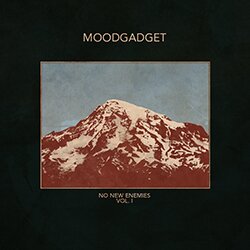
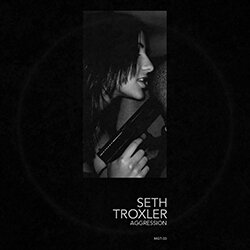
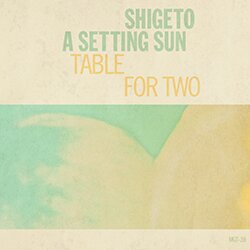
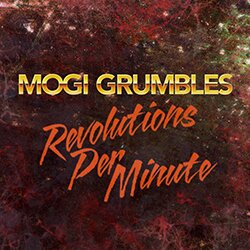
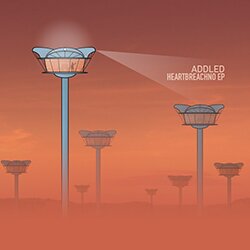
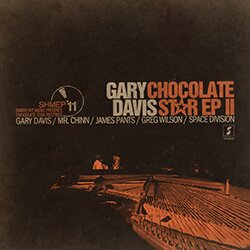





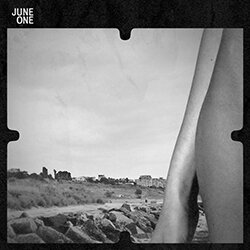
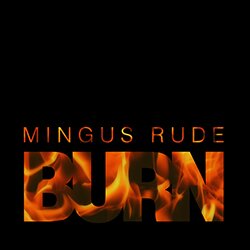

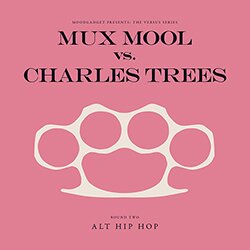
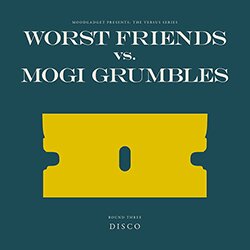
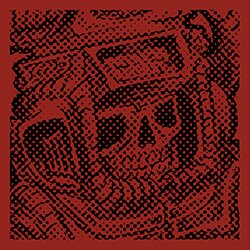


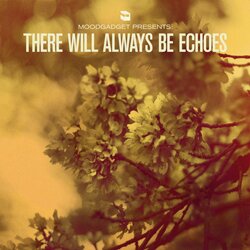

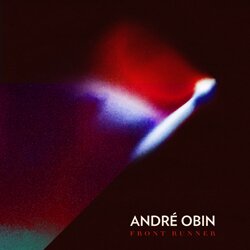
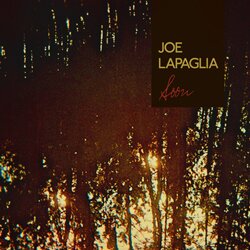
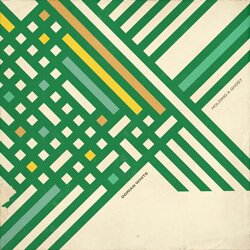

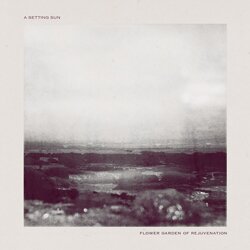
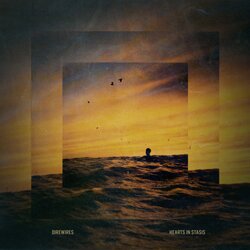
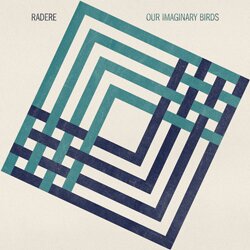
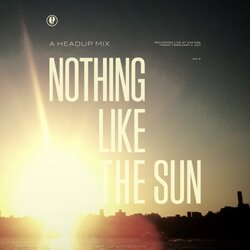
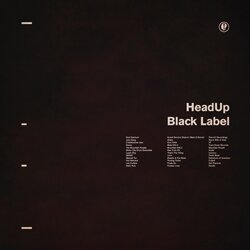

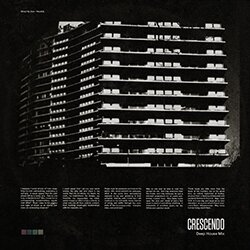
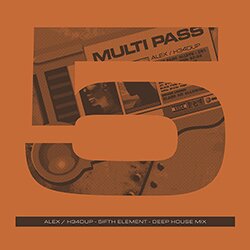

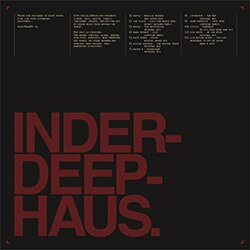
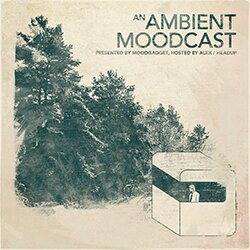
on 27 Aug 2009 at 12:05 pm # shelby
I’m actually very surprised you posted acdc!
on 27 Aug 2009 at 12:13 pm # Jay Bodley
I’m very surprised I posted AC/DC too!
on 27 Oct 2009 at 12:02 pm # The Music of Jóhann Jóhannsson | Blog.H34 : Music, Design, Culture
[…] the heavy-weights of experimental electronic music created cover versions of 70s and 80s pop songs (Ryoji Ikeda’s “Back In Black” was part of the same compilation). In one of the more surprising moves on the whole album, […]